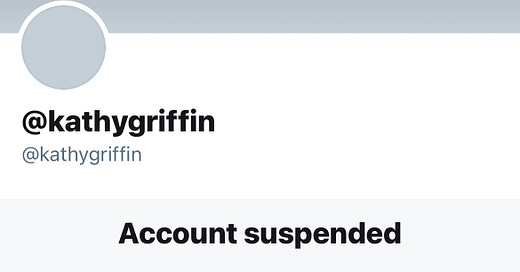The incredible disappointment of Elon Musk's first weeks owning Twitter (PART TWO)
And how he can turn it around
What was Elon Musk thinking?
I’m not asking rhetorically.
$44 billion is a lot of money. Almost surely more money than any individual has ever spent on anything. Ever. For $44 billion, Musk could have built homes - nice homes - for 100,000 families. He could have created a dozen permanently free universities across Africa. If he’d really wanted to bring j…
Keep reading with a 7-day free trial
Subscribe to Unreported Truths to keep reading this post and get 7 days of free access to the full post archives.



